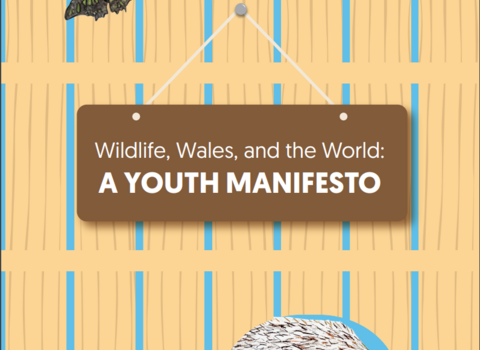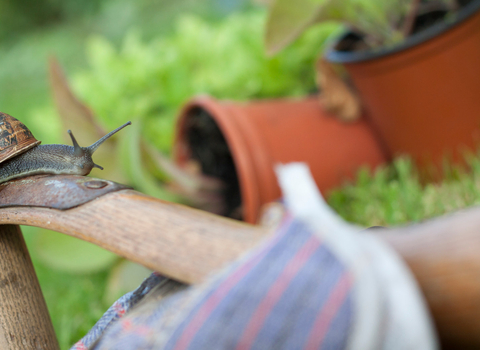If we all worked together to pledge to go pesticide free at home, we could eliminate the presence of wildlife-killing chemicals in our rivers
How to go pesticide free
Now you have signed the pledge, you might be wondering where to start, but don't worry! We have pulled together some resources below for you to look through filled with tips and tricks on how you can go pesticide free at home.
What is happening around the UK?
Though it has been known for many decades that pesticides affect more wildlife than only the species they are targeting, there is still an abundance of chemicals available to the public, Local Authorities, and landowners that are having profound consequences in our natural areas. From Neonicotinoid coated seeds with a potency to eradicate billions of bees, to Glyphosate which was found to be 'probably' carcinogenic by the International Agency for Research on Cancer (IARC), and on to spot-on treatments that wash off pets into streams and rivers with disastrous consequences, the availability of chemicals that can seriously harm wildlife and us is astonishing.
Below you can find some more information on Neonicotinoids in England, how Local Authorities can be a major help in stopping the insect apocalypse, and how you can download your own free guide to protect insects at home.
A vision for a Wales of the future
Participants of the Wales wide Stand for Nature project recognised the importance of COP15 back in 2022, and the need to ensure nature is represented in Montreal by young voices. They came together to create their manifesto for nature and wildlife around the world, creating 6 asks for the planet and 6 asks for Wales to safeguard our species for generations to come. Take a look at what they created below, and let their inspiration inspire you!

A Youth Manifesto for COP15
Download your copy of the youth manifesto that inspired this campaign here






